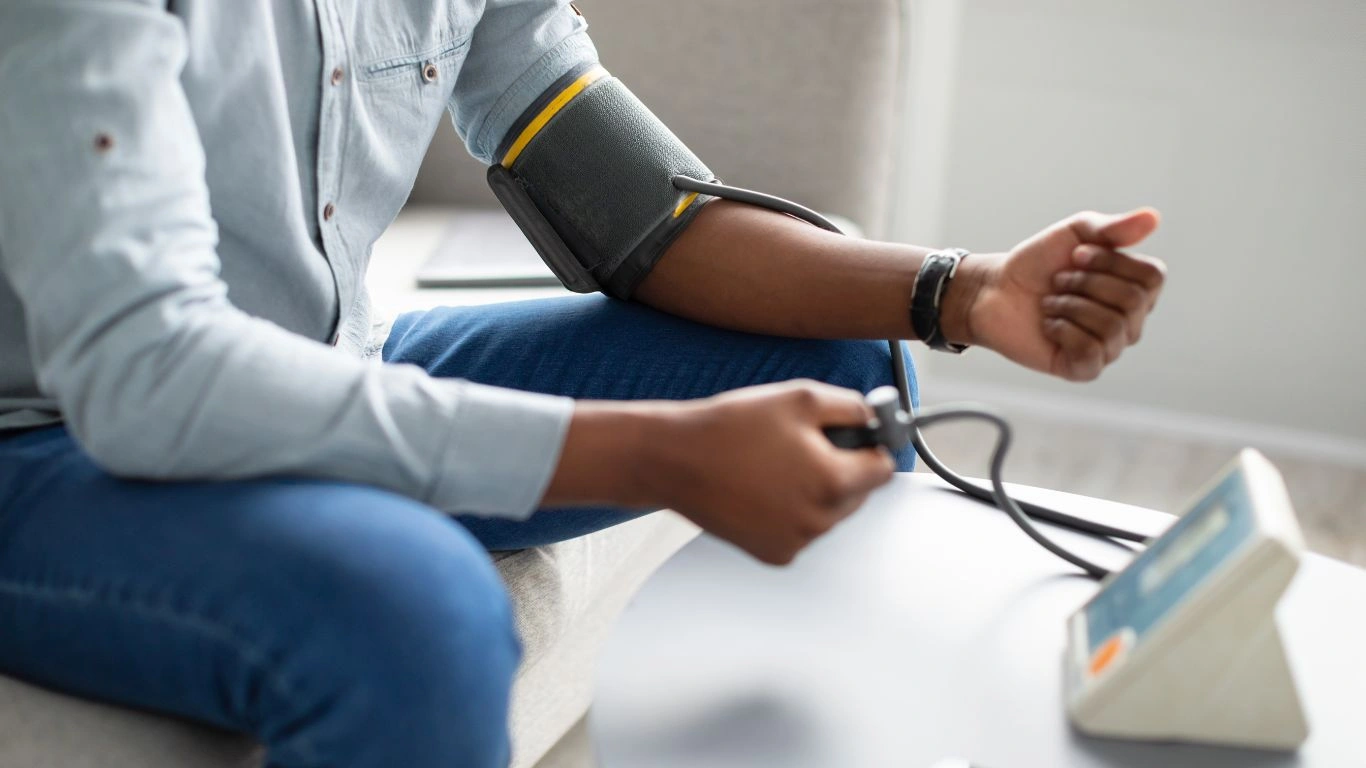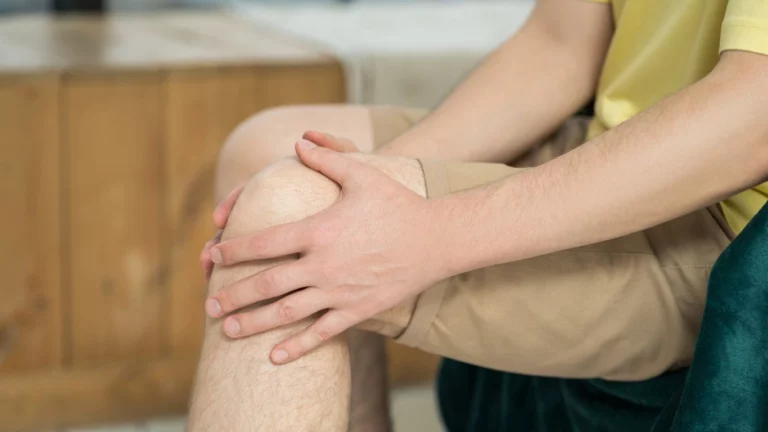How to Stop Nighttime BP Spikes Before They Wreck Your Sleep
Let me tell you—after years of managing patients with high blood pressure, one of the most frustrating things people ask me (usually after trying every salt-free seasoning known to man) is: “Why does my blood pressure spike at night, even when I do everything right during the day?” If that sounds familiar, you’re not alone. Figuring out how to stop nighttime BP spikes can feel like chasing a moving target. But it’s not impossible. I’ve sat across from hundreds of patients in clinic who are tired, anxious, and confused—because their numbers look perfect at 3 p.m., but totally unhinged at 2 a.m. Sound familiar? Let’s get into the why—and more importantly—the what-you-can-do-about-it.
What Causes Nighttime Blood Pressure Spikes?
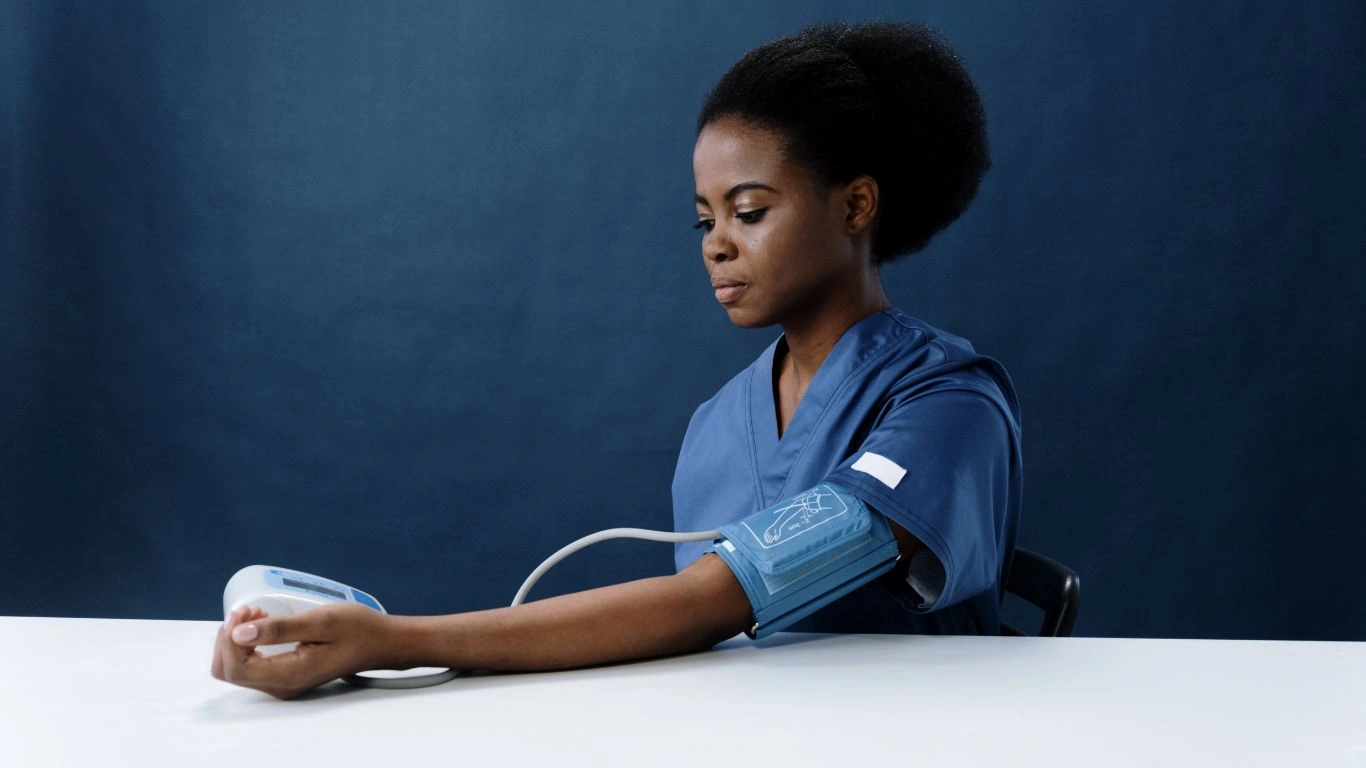
Okay, first things first—your body has a natural rhythm when it comes to blood pressure. It’s called your circadian rhythm, and it typically means your BP dips at night. When it doesn’t? We call that non-dipping or even reverse dipping. This pattern increases the risk of strokes, heart attacks, and kidney damage—no joke.
Common Culprits Behind Those Spikes
- Sleep Apnea: I can’t count how many times someone’s 2 a.m. spike turned out to be untreated OSA. Snoring, gasping, waking up tired? Get that checked.
- Poor Sleep Hygiene: Scrolling through news apps or doomscrolling social media in bed? That stimulates your sympathetic nervous system (the fight-or-flight one). Not what you want at bedtime.
- Late-night Eating or Drinking: Especially salty snacks or alcohol. It sounds like a minor thing, but it can push your BP up while you’re snoozing.
- Medications Wearing Off: This is a biggie. Some blood pressure meds don’t last 24 hours, especially short-acting ones. If yours wears off at night, boom—there’s your spike.
- Stress and Anxiety: I had one patient, a lawyer, whose blood pressure would surge every time he dreamed about being in court. Your brain doesn’t clock out just because you’re asleep.
How to Stop Nighttime BP Spikes Naturally

Here’s the good news—there are real, practical steps you can take starting tonight. No gimmicks. No miracle supplements. Just proven strategies that I’ve personally seen work for my patients (and even a few family members).
1. Fix the Timing of Your Medications
This might sound simple, but it can make a massive difference. In fact, there’s a whole concept called chronotherapy, where we adjust medication timing based on your body’s rhythms. For example, if you take your BP meds in the morning and still spike at night, talk to your doctor about moving them to the evening. Some meds work better when timed to your body’s natural fluctuations.
2. Build a Calm-Down Routine
I know, easier said than done. But even five minutes of deep breathing or light stretching before bed can bring down nighttime sympathetic activity. One of my favorite patient hacks? Legs-up-the-wall pose for 10 minutes before bed. It slows everything down—heart rate, breathing, blood pressure. No fancy yoga mat required.
3. Get Serious About Sleep
I once had a patient who was on three BP meds and still had nocturnal spikes—until we diagnosed moderate sleep apnea. After getting a CPAP, not only did his numbers drop, but we cut back two of his meds. If you’re snoring, waking up gasping, or just never feel rested, please don’t ignore it. That machine can be a game-changer.
4. Re-evaluate Evening Habits
A quick story: One of my hypertensive patients, a retired teacher, used to enjoy a nightly bag of chips and a glass of red wine. Nothing wrong with relaxing—until we saw her 2 a.m. readings. Cutting back by half and moving her snack to earlier in the evening helped bring her nighttime BP back in range. Sometimes, it’s not what you eat, but when you eat it.
Tracking Patterns Matters More Than You Think

Here’s the honest truth—if you’re not tracking your blood pressure at night, you’re missing a huge part of the picture. I always recommend a validated home monitor that lets you set readings at bedtime and in the early morning. Some even have overnight tracking. Don’t just rely on your 10 a.m. numbers—they can fool you into thinking you’re fine when you’re not.
In fact, I had one gentleman in his 50s—super fit, jogged daily—who was shocked to see 170/100 at 1:45 a.m. when his day readings were always 120s. That single discovery changed his entire management plan. Now he’s well-controlled and sleeping like a baby (with his monitor tucked neatly under his nightstand, just in case).
Lifestyle Changes That Actually Work
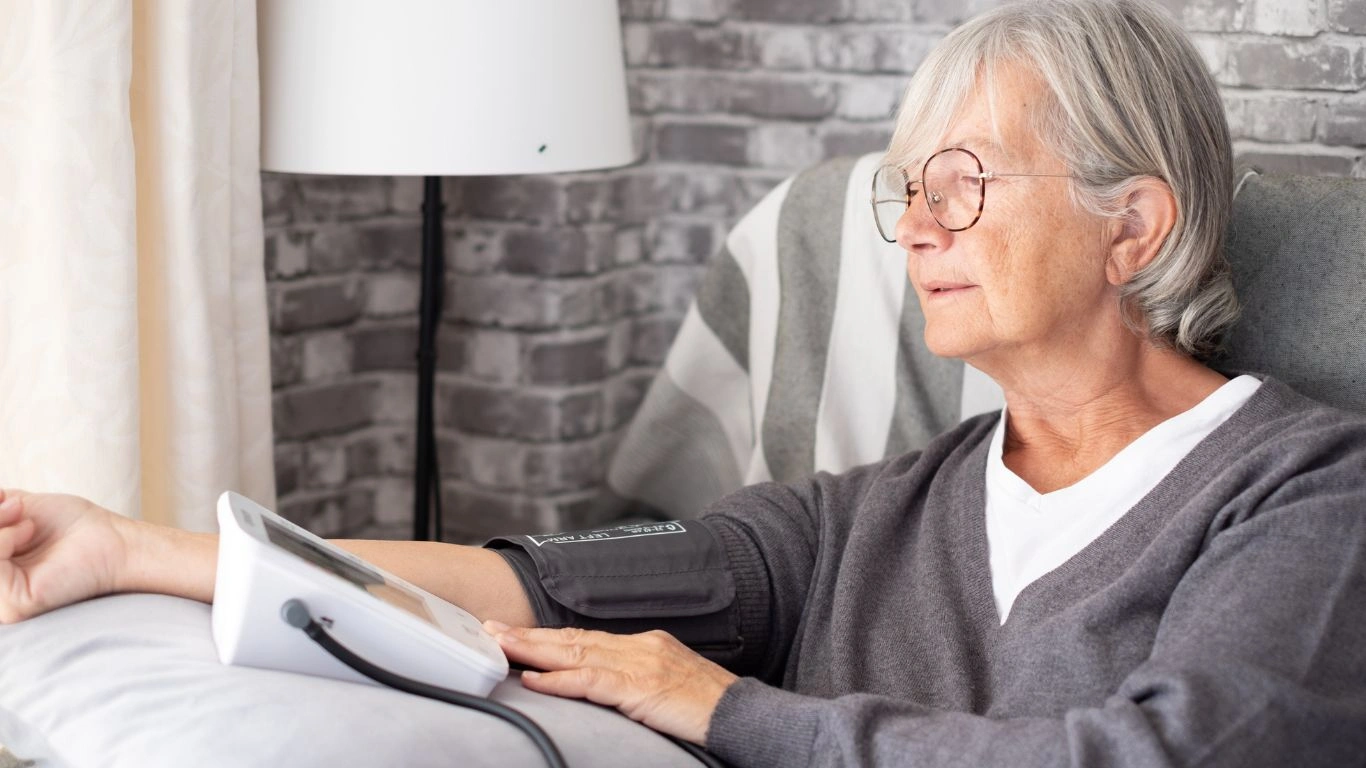
Now let’s talk lifestyle. I know—this part always gets eye-rolls in clinic. “Yes, yes, doctor, I know I need to eat better and exercise more.” But the truth is, some small tweaks can have a huge impact on nighttime blood pressure—and you don’t have to suddenly become a kale-smoothie marathon runner overnight.
Move Your Body, But Not Right Before Bed
Exercise helps regulate blood pressure, period. But if you’re squeezing in a hardcore spin session at 9 p.m., don’t be surprised if your BP spikes later. I usually recommend patients get moving earlier in the day—preferably in the morning or early afternoon. Even a brisk 20-minute walk counts.
One of my older patients started doing a post-dinner walk around the block—not power walking, just a gentle stroll—and within three weeks, her nighttime BP dropped by 8 points. No new meds. No drastic changes. Just consistency.
Watch the Salt… But Also Look at Hidden Sodium
We always talk about sodium when it comes to hypertension, but most people don’t realize how sneaky it is. I’ve had folks tell me they don’t even use table salt, but their daily sodium intake is off the charts thanks to canned soups, frozen meals, salad dressings, and sauces.
If you’re trying to figure out how to stop nighttime BP spikes, a simple strategy is checking labels. Look for products with less than 140mg of sodium per serving (that’s considered low-sodium by FDA standards). And no, sea salt and pink Himalayan salt aren’t magic. It’s still sodium.
The Power of Magnesium and Potassium
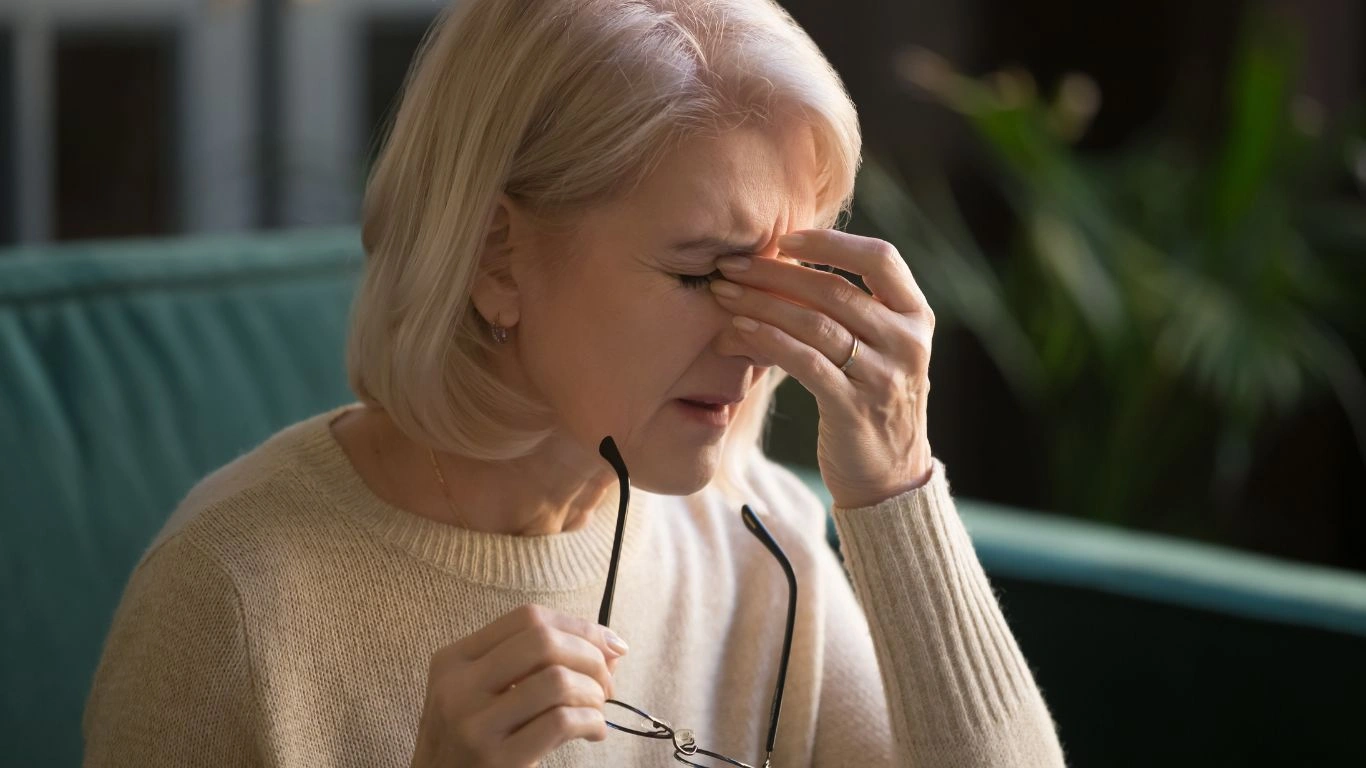
This one’s a game-changer. I’ve seen some patients make more progress adjusting their electrolyte intake than from adding another pill.
Why Magnesium Helps
Magnesium relaxes blood vessels and helps calm the nervous system—both of which are key during the night. Some people are unknowingly low, especially if they take diuretics or have gut absorption issues.
Try including foods like spinach, almonds, avocado, and black beans. Or talk to your doctor about a magnesium glycinate supplement—it’s gentler on the gut and more effective for BP than magnesium oxide.
Potassium Balances Out Sodium
I once had a patient with nightly spikes who was eating “clean” but low in potassium. She started adding a banana in the morning, sweet potatoes for lunch, and a few servings of leafy greens weekly. Her numbers improved within a month. True story.
Just make sure your kidneys are in good shape before going potassium-wild—especially if you’re on ACE inhibitors or ARBs.
Don’t Underestimate Emotional Health
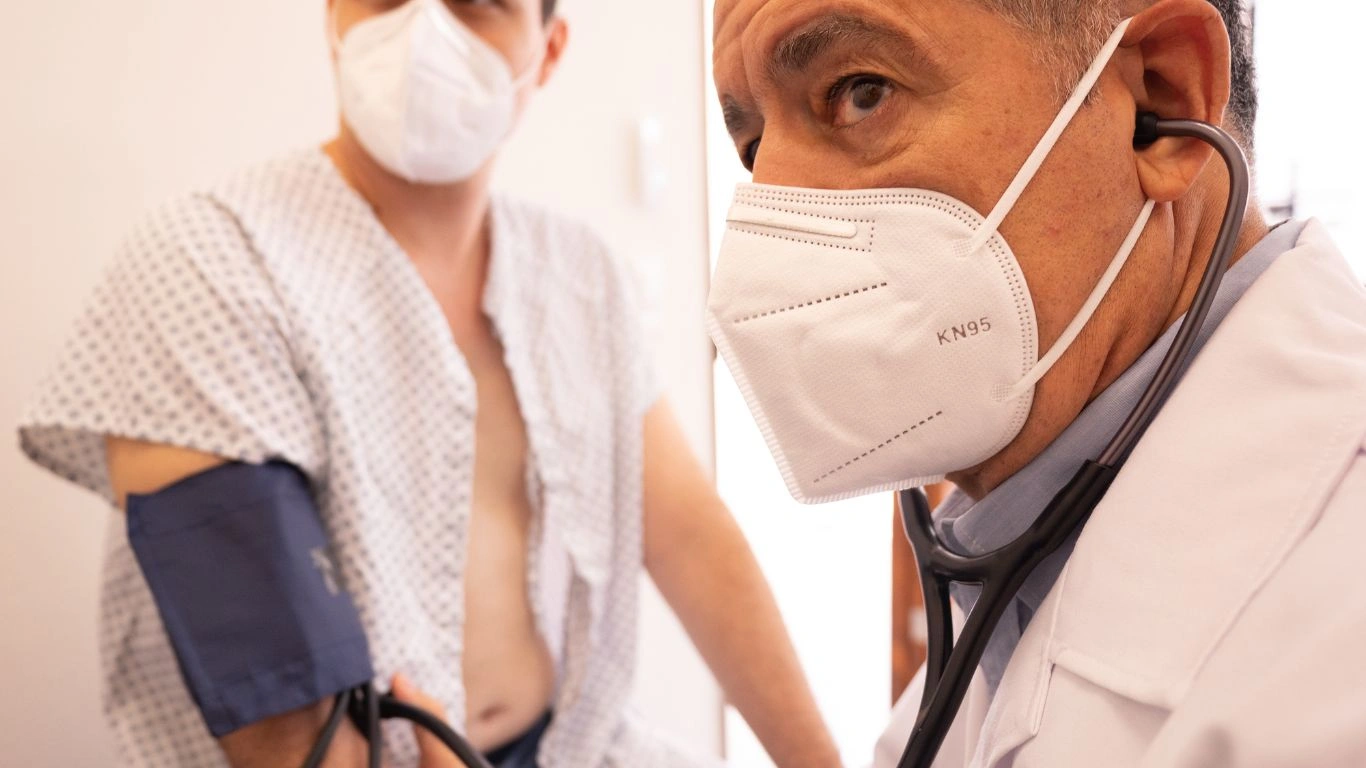
This one’s close to my heart. I’ve had so many patients—especially caregivers, working moms, and type-A professionals—tell me they feel fine emotionally… until we look at their numbers at night. Stress doesn’t always feel dramatic. Sometimes it’s chronic and quiet and buried deep. But your nervous system knows.
Simple Tools for Evening Calm
- Journaling: It’s old-school, but it works. Dumping thoughts onto paper gets them out of your head. Even just 5 minutes before bed.
- Guided Breathing Apps: I personally recommend a few in clinic—Insight Timer, Calm, and even YouTube has great free ones.
- Low-Stimulation Evenings: Dimming the lights, turning off harsh overhead bulbs, even sipping a cup of warm chamomile tea. Little signals to your body that it’s okay to power down.
I had one man in his 60s who started doing 5 minutes of box breathing before bed. No big lifestyle overhaul. Just five quiet minutes. Within two weeks, he noticed a steady 10-point drop in nighttime readings. I mean—it’s free and has zero side effects. Why not?
Working With Your Doctor—Not Around Them
Last thing I’ll say (for now): don’t try to tackle this alone. A lot of folks experiment with supplements or change up their meds without telling their doc. Trust me, I get the frustration, but nighttime blood pressure isn’t something to guess your way through.
When I see patients with stubborn nocturnal hypertension, I always start by asking for a two-week home BP log that includes early morning and late-night readings. That data is gold. Sometimes we’ll do 24-hour ambulatory monitoring to get even more detail. From there, we might:
- Adjust med timing
- Swap short-acting for extended-release versions
- Add a low-dose bedtime med specifically for nighttime control
- Refer for a sleep study if apnea is suspected
There’s no one-size-fits-all solution. But with the right plan, and a bit of trial and error, it’s totally possible to take control of those frustrating nighttime spikes. I’ve seen it happen more times than I can count.
When Lifestyle Isn’t Enough—Advanced Tools & Med Options
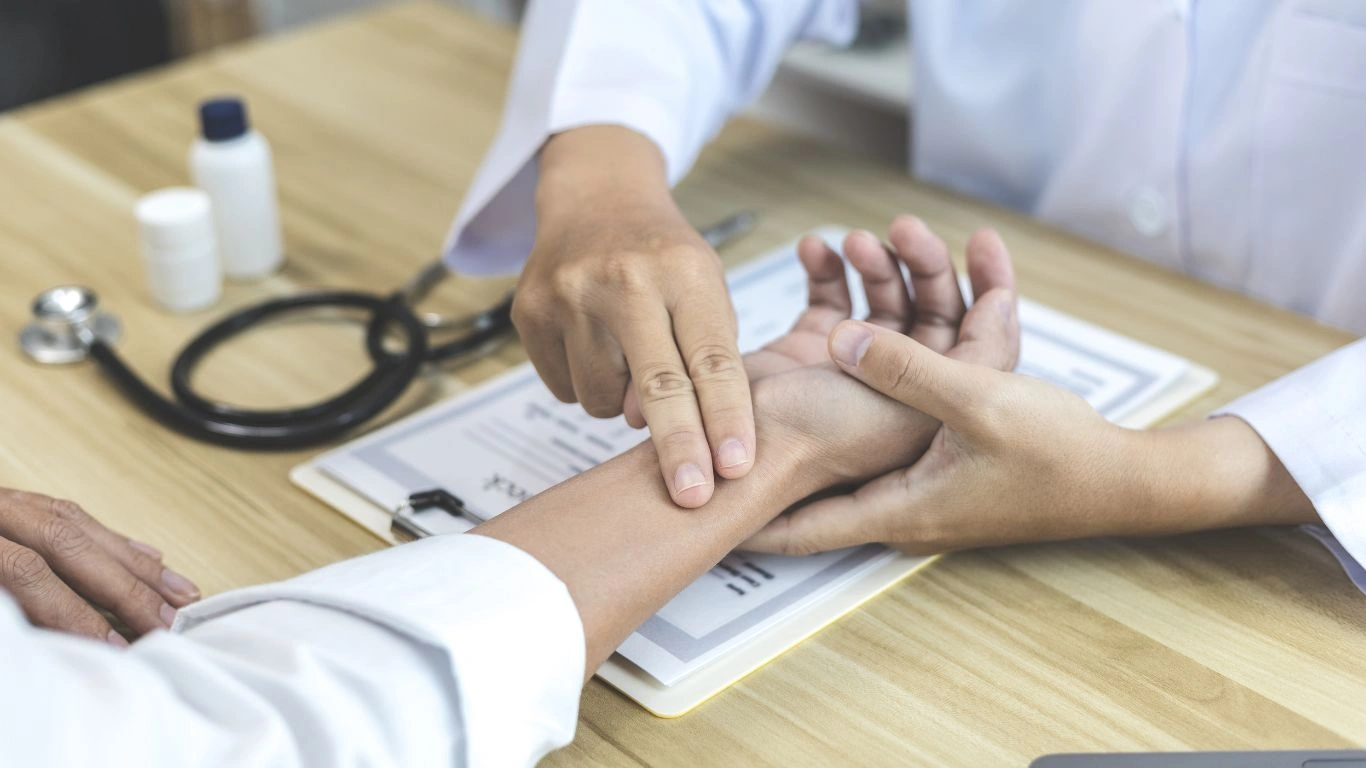
Sometimes—even when we’ve cleaned up the diet, gotten serious about stress, timed the meds right, and prioritized sleep—the nighttime BP spikes keep showing up like an unwelcome guest. And as someone who’s treated patients in that exact situation, I get it. It can be discouraging. But here’s the truth: it doesn’t mean you’ve failed. It just means we need to dig a little deeper.
Adding or Adjusting Meds at Night
There’s no shame in needing medication to control blood pressure. In fact, not treating persistent nocturnal hypertension aggressively enough can quietly increase risk over time. I’ve seen patients with perfect daytime numbers, normal labs, and active lifestyles—but silent damage creeping in because their BP was sky-high between midnight and 5 a.m.
If you’re already on medication, talk to your doctor about whether you’re on:
- Short-acting vs. extended-release formulations (hint: long-acting tends to be better for overnight control)
- The right class of meds for your physiology (for example, some people respond better to calcium channel blockers or ACE inhibitors at night)
- Proper dosing time (many patients still take everything in the morning by default—it’s often not optimal)
I had a patient recently whose nighttime BP finally improved after we shifted her ARB dose to 9 p.m. That simple change lowered her average nighttime systolic reading by 15 points. No new prescription, just a time adjustment.
Rethinking Monitoring: Home Devices & Ambulatory BP
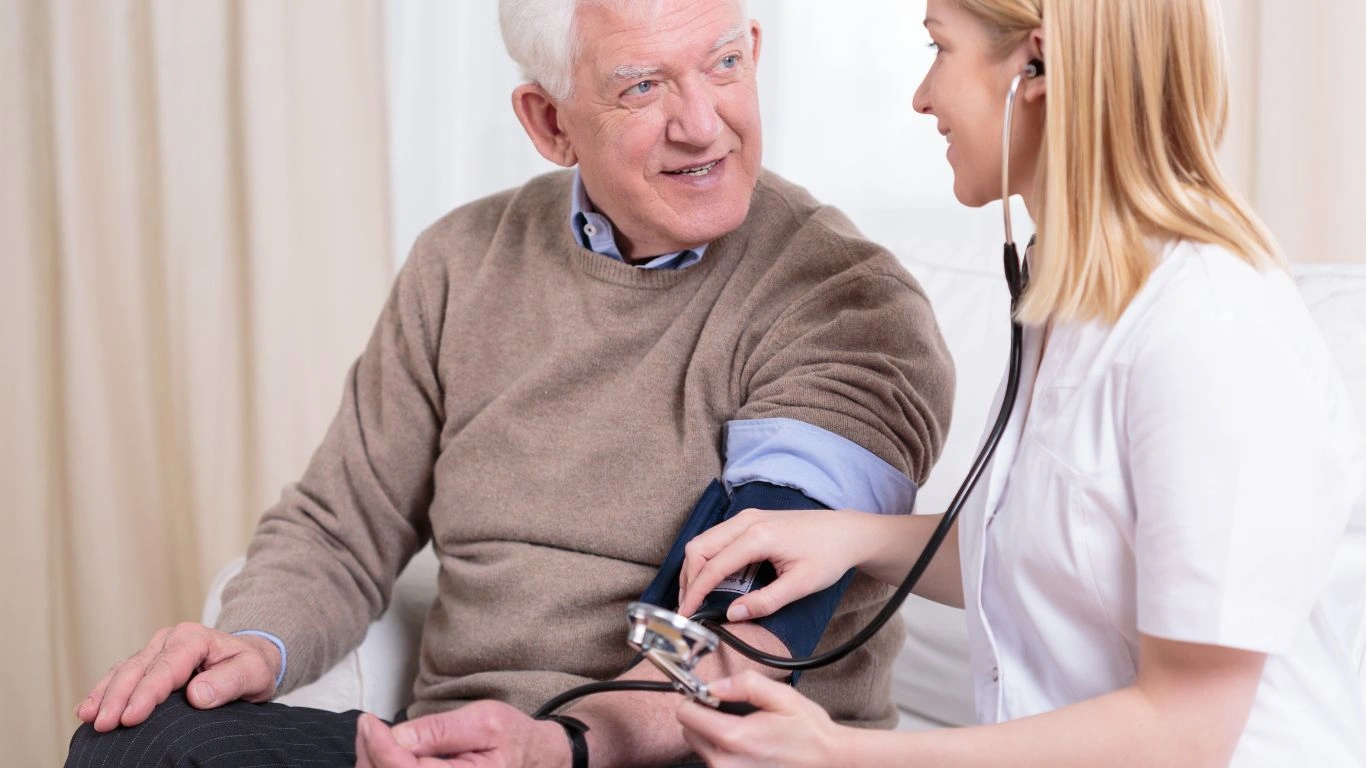
If you haven’t tried overnight or 24-hour monitoring, it’s something to seriously consider. Those once-a-day arm cuff checks just don’t tell the whole story—especially when we’re trying to figure out how to stop nighttime BP spikes.
What is Ambulatory BP Monitoring?
It’s a small device worn for 24 hours that takes BP readings at regular intervals, even while you’re sleeping. It gives us a detailed curve of what your blood pressure is doing hour-by-hour, and it’s the gold standard for diagnosing nocturnal hypertension.
And for those who prefer home devices? Look for ones that allow manual readings late at night or early morning. Some models now offer nighttime auto readings while you sleep, which can be incredibly helpful.
One of my patients—an engineer, very data-driven—used one of these devices and came in with a spreadsheet. That log helped us tailor his meds so precisely that his next 3-month follow-up showed consistent readings in the 120s/70s overnight. Total win.
Common Myths About Nighttime BP
Myth #1: “If my daytime BP is normal, I’m fine.”
Nope. This one gets a lot of people. Daytime BP is important, but it’s just half the picture. Studies show that elevated nighttime readings are actually more predictive of cardiovascular events than daytime numbers.
Myth #2: “BP spikes at night mean I need a higher dose of meds.”
Not always. Sometimes it’s not about more meds—it’s about better-timed meds. Or even treating an underlying issue like apnea, stress, or hormonal imbalance.
Myth #3: “Blood pressure always drops at night.”
Ideally, yes. But in about 1 in 4 patients I see, that dip doesn’t happen. In some cases, BP actually rises overnight. That’s called “reverse dipping” and it definitely needs attention.
Empowerment Over Fear
Let me say this as someone who’s been in this field for years: you’re not broken if you’re struggling with nighttime blood pressure spikes. It just means your body is trying to tell you something—and now you’re learning how to listen.
I’ve helped people lower their BP through mindfulness. Through magnesium-rich food. Through adjusted timing. Through finally getting that sleep study done. And through good, evidence-based medicine when it was needed. No one-size-fits-all, no judgment. Just progress, step by step.
References
Disclaimer
This article is for informational purposes only and does not replace medical advice. Always speak with your healthcare provider before making any changes to your medications, diet, or treatment plan. The strategies shared are based on clinical experience, medical knowledge, and patient outcomes, but individual needs may vary.

Dr. Gwenna Aazee is a board-certified Internal Medicine Physician with a special focus on hypertension management, chronic disease prevention, and patient education. With years of experience in both clinical practice and medical writing, she’s passionate about turning evidence-based medicine into accessible, actionable advice. Through her work at Healthusias.com, Dr. Aazee empowers readers to take charge of their health with confidence and clarity. Off the clock, she enjoys deep dives into nutrition research, long walks with her rescue pup, and simplifying medical jargon one article at a time.

